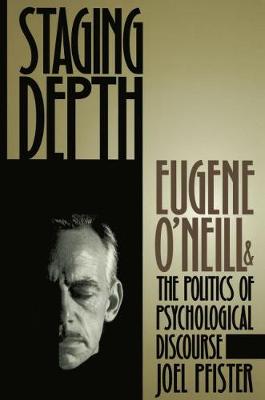Until now, Eugene O'Neill's psychological dramas have been analyzed mainly by critics who relied on obvious parallels between O'Neill's life, his family, and his plays. In this theoretically expansive and interdisciplinary book, Joel Pfister reassesses what was at stake ideologically in O'Neill's staging and modernizing of 'psychological' individualism for his social class. Pfister examines the history of the middle-class family and of Freudian pop psychology in the 1910s and 1920s to reconstruct the cultural conditions for the imagining and popularizing of 'depth,' a trope that was central to O'Neill's dramatic vision. He also recovers provocative critiques by contemporary critics on the Left who challenged O'Neill's preoccupation with dramatizing psychological, familial, and aesthetic 'depth.' One of the few sustained works on O'Neill in recent years, this wide-ranging book makes a major contribution to cultural studies, to the history of subjectivity, and to scholarship on the ideological origins of modernism and modern American drama.
Originally published in 1995.
A UNC Press Enduring Edition -- UNC Press Enduring Editions use the latest in digital technology to make available again books from our distinguished backlist that were previously out of print. These editions are published unaltered from the original, and are presented in affordable paperback formats, bringing readers both historical and cultural value.
- ISBN13 9780807844960
- Publish Date 1 April 1995
- Publish Status Active
- Out of Print 6 May 2004
- Publish Country US
- Imprint The University of North Carolina Press
- Format Paperback
- Pages 352
- Language English
